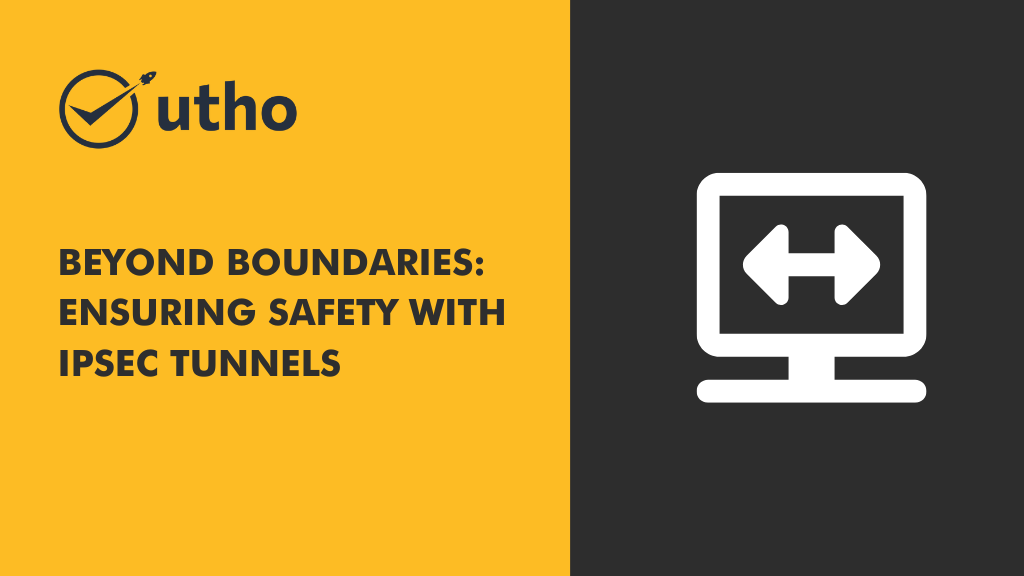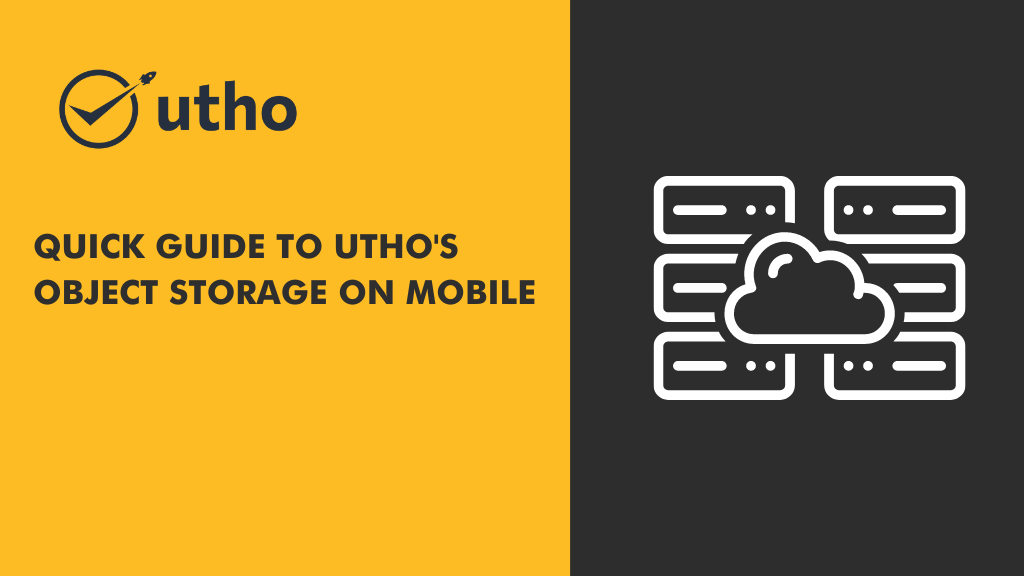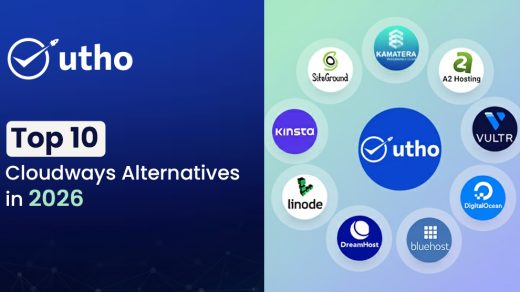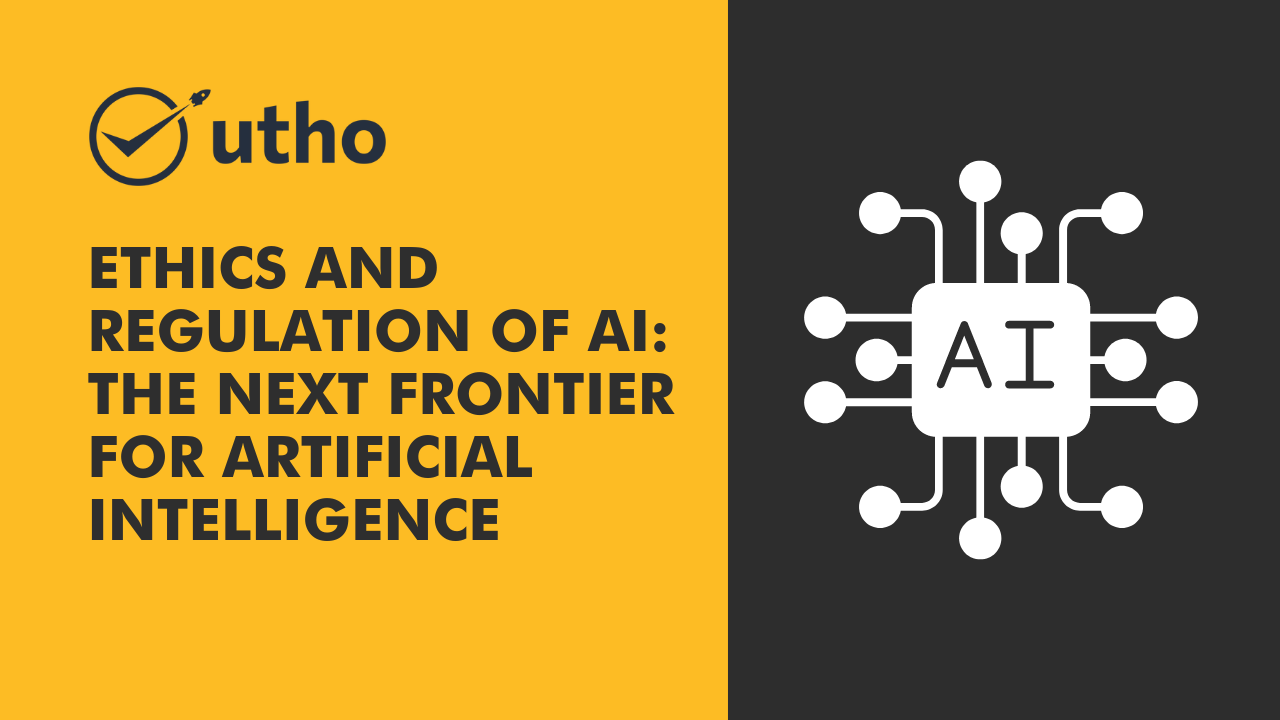In today's digital world, businesses and organizations rely more and more on cloud services to store and use their data. But this means they need strong security to keep their information safe from cyber threats. That's where IPsec tunnels come in! They're like secure paths that let data travel safely between different places, even if they're far apart. So, no matter where your data goes, you can trust it's staying safe thanks to these IPsec tunnels.
What is IPsec, and how does it play a crucial role in securing cloud server connections?
IPsec, or Internet Protocol Security, is a set of protocols used to secure internet communication by authenticating and encrypting each IP packet of a data stream. It plays a crucial role in securing cloud server connections by providing several key features:
Authentication: IPsec verifies the identities of communicating parties, ensuring that only authorized users or devices can access the cloud servers.
Encryption: It encrypts the data packets exchanged between the client and server, protecting sensitive information from unauthorized access or interception.
Integrity: IPsec ensures that data remains intact during transmission by detecting and preventing tampering or modification of packets.
Tunneling: It enables the creation of secure tunnels between endpoints, allowing remote users or branch offices to securely connect to cloud servers over the internet.
By implementing IPsec, cloud server connections are fortified against various cyber threats such as eavesdropping, data tampering, and unauthorized access, thereby ensuring the confidentiality, integrity, and availability of data in cloud environments.
What are the primary benefits of utilizing IPsec tunnels for cloud server connections compared to other security protocols?
Utilizing IPsec tunnels for cloud server connections offers several primary benefits compared to other security protocols:
Strong Encryption: IPsec employs robust encryption algorithms to protect data transmitted over the internet, ensuring that sensitive information remains confidential and secure from potential eavesdropping or interception.
Authentication Mechanisms: IPsec provides robust authentication mechanisms, including pre-shared keys, digital certificates, or more advanced methods like IKEv2, to verify the identities of communicating parties, thereby preventing unauthorized access to cloud servers.
Data Integrity: IPsec ensures the integrity of data by detecting and preventing tampering or modification during transmission, guaranteeing that the information received at the cloud server is the same as that sent by the client.
End-to-End Security: IPsec establishes secure tunnels between endpoints, creating a virtual private network (VPN) over the public internet. This ensures end-to-end security for cloud server connections, regardless of the underlying network infrastructure.
Flexibility and Interoperability: IPsec is a widely adopted industry standard protocol supported by various networking devices and operating systems. This ensures interoperability between different systems and allows for flexible deployment in diverse cloud environments.
Scalability: IPsec tunnels can easily scale to accommodate increasing traffic or expanding cloud infrastructures, making it suitable for small businesses as well as large enterprises with dynamic computing needs.
Overall, the utilization of IPsec tunnels for cloud server connections offers a comprehensive security solution that combines encryption, authentication, integrity, and scalability, making it an ideal choice for protecting sensitive data and ensuring secure communication in cloud environments.
What challenges and myths exist with Internet Protocol Security tunnels for cloud servers, and how can we overcome them?
Implementing IPsec tunnels for cloud server connections may pose some common challenges or misconceptions, which can be addressed through careful consideration and proactive measures:
Complex Configuration: Setting up IPsec tunnels can be complex, especially for users with limited networking knowledge. Solution: Utilize simplified configuration interfaces provided by cloud service providers or employ automated deployment tools to streamline the setup process.
Performance Overhead: Encrypting and decrypting data within IPsec tunnels can introduce latency and overhead, impacting network performance. Solution: Optimize IPsec configurations by selecting appropriate encryption algorithms and key exchange methods that balance security with performance. Additionally, leverage hardware acceleration or specialized VPN appliances to offload encryption tasks and improve throughput.
Interoperability Issues: Compatibility issues may arise when establishing IPsec tunnels between different vendor devices or across heterogeneous cloud environments. Solution: Ensure compatibility and interoperability by selecting IPsec-compliant devices and adhering to standardized configurations. Additionally, leverage industry best practices and conduct thorough testing to validate interoperability before deployment.
Key Management Complexity: Managing cryptographic keys and certificates for IPsec tunnels can be challenging, leading to security vulnerabilities if not properly handled. Solution: Implement robust key management practices, such as regularly rotating keys, using secure key storage mechanisms, and employing certificate revocation mechanisms to mitigate risks associated with key compromise.
Scalability Constraints: Scaling IPsec tunnels to accommodate growing network traffic or expanding cloud deployments may pose scalability challenges. Solution: Design IPsec architectures with scalability in mind by implementing load balancing, redundant tunnel configurations, and dynamic routing protocols to efficiently manage increasing traffic demands and scale resources as needed.
By addressing these common challenges and misconceptions associated with implementing IPsec tunnels for cloud server connections, organizations can enhance security, optimize performance, and ensure seamless connectivity across their cloud environments.
What types of industries commonly utilize IPsec tunnels for securing their network communications?
Various industries rely on IPsec tunnels to secure their network communications. Some common examples include:
Healthcare: Hospitals, clinics, and healthcare organizations use IPsec tunnels to safeguard patient data transmitted between medical devices, electronic health record (EHR) systems, and cloud servers.
Finance: Banks, financial institutions, and payment processing companies utilize IPsec tunnels to encrypt sensitive financial transactions and protect customer information from unauthorized access.
Government: Government agencies and departments employ IPsec tunnels to secure communications between offices, data centers, and cloud-based systems, ensuring the confidentiality of classified information.
Technology: Technology companies, including software development firms and IT service providers, implement IPsec tunnels to secure client data, communications, and access to cloud-based infrastructure.
Manufacturing: Manufacturing companies leverage IPsec tunnels to protect proprietary designs, production data, and supply chain information exchanged between facilities and cloud-based systems.
Education: Schools, universities, and educational institutions use IPsec tunnels to secure student records, research data, and administrative communications transmitted over network connections.
Retail: Retailers and e-commerce businesses utilize IPsec tunnels to secure online transactions, customer data, and inventory management systems hosted on cloud servers.
Overall, IPsec tunnels are essential for securing network communications across various industries, ensuring the confidentiality, integrity, and availability of sensitive data and resources.
What future trends in IPsec tunnels for cloud servers could boost security and reliability?
In the realm of Internet Protocol Security tunnels for cloud server connections, several advancements and trends are expected to further enhance security and reliability:
Integration with SD-WAN: There's a growing trend towards integrating IPsec tunnels with Software-Defined Wide Area Network (SD-WAN) technology. This integration enables dynamic routing and optimization of traffic between different cloud servers, improving both security and performance.
Zero Trust Network Access (ZTNA): With the increasing adoption of Zero Trust principles, IPsec tunnels are likely to evolve to support ZTNA architectures. This approach focuses on strict identity verification and access controls, ensuring that only authorized users and devices can establish connections to cloud servers via IPsec tunnels.
Enhanced Encryption Algorithms: As cyber threats continue to evolve, there will be advancements in encryption algorithms used within IPsec tunnels. Expect to see the adoption of stronger encryption standards, such as post-quantum cryptography, to better safeguard data against emerging security risks.
Automation and Orchestration: Automation and orchestration tools will play a crucial role in managing and provisioning IPsec tunnels for cloud server connections. This trend will streamline deployment processes, improve scalability, and enhance overall network agility while maintaining security and reliability.
Multi-Cloud Support: With many organizations adopting multi-cloud strategies, IPsec tunnels will need to support seamless connectivity across different cloud providers. Look for advancements that enable easy configuration and management of IPsec tunnels in heterogeneous cloud environments, ensuring consistent security and reliability regardless of the cloud platform.
Improved Monitoring and Analytics: Expect advancements in monitoring and analytics capabilities for IPsec tunnels, providing real-time visibility into traffic patterns, performance metrics, and security events. This proactive approach enables quicker detection and response to potential threats or network issues, further enhancing overall security and reliability.
The future of IPsec tunnels for cloud server connections will be characterized by integration with SD-WAN, adoption of Zero Trust principles, advancements in encryption, automation, and orchestration, support for multi-cloud environments, and improved monitoring and analytics capabilities, all aimed at enhancing security and reliability in an increasingly dynamic and interconnected digital landscape.
How does Utho Cloud facilitate IPsec tunnel implementation to enhance security for businesses?
Utho Cloud offers a straightforward process for businesses to implement Internet Protocol Security tunnels, bolstering security. Here's how:
User-Friendly Interface: Utho Cloud provides a user-friendly interface that guides businesses through the setup of IPsec tunnels. This interface simplifies the configuration process, making it accessible even for users without extensive networking expertise.
Flexible Deployment Options: Utho Cloud offers flexible deployment options for IPsec tunnels, allowing businesses to establish secure connections between their on-premises infrastructure and Utho Cloud services, such as virtual machines, databases, and storage.
Robust Encryption Standards: Utho Cloud ensures robust encryption standards for IPsec tunnels, leveraging industry-leading algorithms to encrypt data in transit. This encryption mitigates the risk of unauthorized access and data breaches, safeguarding sensitive business information.
Scalability and Reliability: Utho Cloud's infrastructure is designed for scalability and reliability, ensuring that businesses can deploy IPsec tunnels to support growing workloads and maintain consistent connectivity with minimal downtime.
Comprehensive Security Features: In addition to IPsec tunnels, Utho Cloud offers a range of complementary security features, including network security groups, web application firewalls, and identity and access management controls. These features work together to provide comprehensive protection against cybersecurity threats.
By leveraging Utho Cloud's IPsec tunnel implementation, businesses can enhance their security posture, protect their data, and meet compliance requirements with ease.
IPsec tunnels are like our trustworthy guardians, always keeping our data safe in today's changing digital world. As we keep moving forward and trying new things, we can feel confident knowing that IPsec tunnels will always be there, making sure our data stays secure no matter where it goes.




